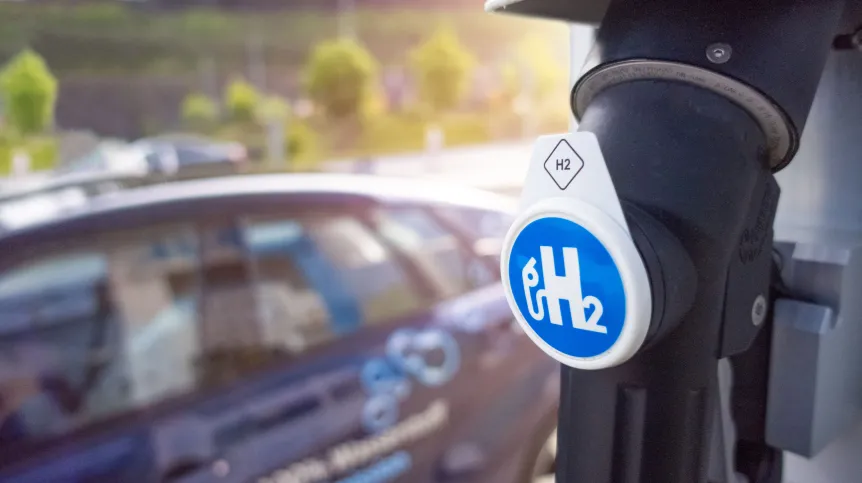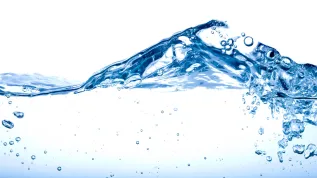
Hydrogen powered cars would be cheaper if science could find a substitute for platinum, currently necessary as a catalyst for reactions taking place in fuel cells. The most promising in this role are carbon catalysts inspired by natural proteins, a team of chemists have demonstrated.
Hydrogen powered cars use fuel cells for efficient chemical processing of hydrogen into electricity. Obtaining electricity from hydrogen is a very slow process involving synthesising oxidation hydrogen with oxygen from the air in a controlled and indirect manner. This process requires a catalyst; platinum is currently used in this role. This is an expensive material, and thus the costs of fuel cells and, consequently, hydrogen powered cars are also high. Researchers are looking for cheaper platinum substitutes.
This trend includes research conducted at the Military University of Technology and the Institute of Industrial Chemistry. Dr. Wojciech Kiciński and Dr. Sławomir Dyjak from the Faculty of New Technologies and Chemistry of the Military University of Technology and Dr. Wojciech Tokarz from the Institute of Industrial Chemistry published the results of their research in the Journal of Power Sources.
Dr. Kiciński said: “We have been studying carbon materials for years, and recently, following the global trends, we focused on the synthesis of advanced carbon materials for energy conversion processes that usually require catalysts. The results published in our paper may be of interest to researchers specialising in technologies of clean or renewable energy sources.”
The authors examined carbon materials with nitrogen and iron additives. They wanted to find out how these materials would work as platinum substitutes in a hydrogen-air fuel cell.
Kiciński continued: “These materials work on a similar principle as proteins and enzymes, which are responsible for the processes of oxygen reduction and transport in aerobic organisms. Both fuel cells and living organisms obtain energy from a fuel, for example hydrogen or glucose, through its controlled oxidation with air oxygen.”
He added that the controlled reduction of atmospheric oxygen to water requires catalysis.
The research shows that natural protein inspired FE-N4-C carbon catalysts are currently the most competitive platinum substitutes in low-temperature fuel cell technology.
The article 'Carbon gel-derived Fe–N–C electrocatalysts for hydrogen-air polymer electrolyte fuel cells' was published on September 29 and is available here.
PAP - Science in Poland, Karolina Duszczyk
kol/ agt/ kap/
tr. RL













